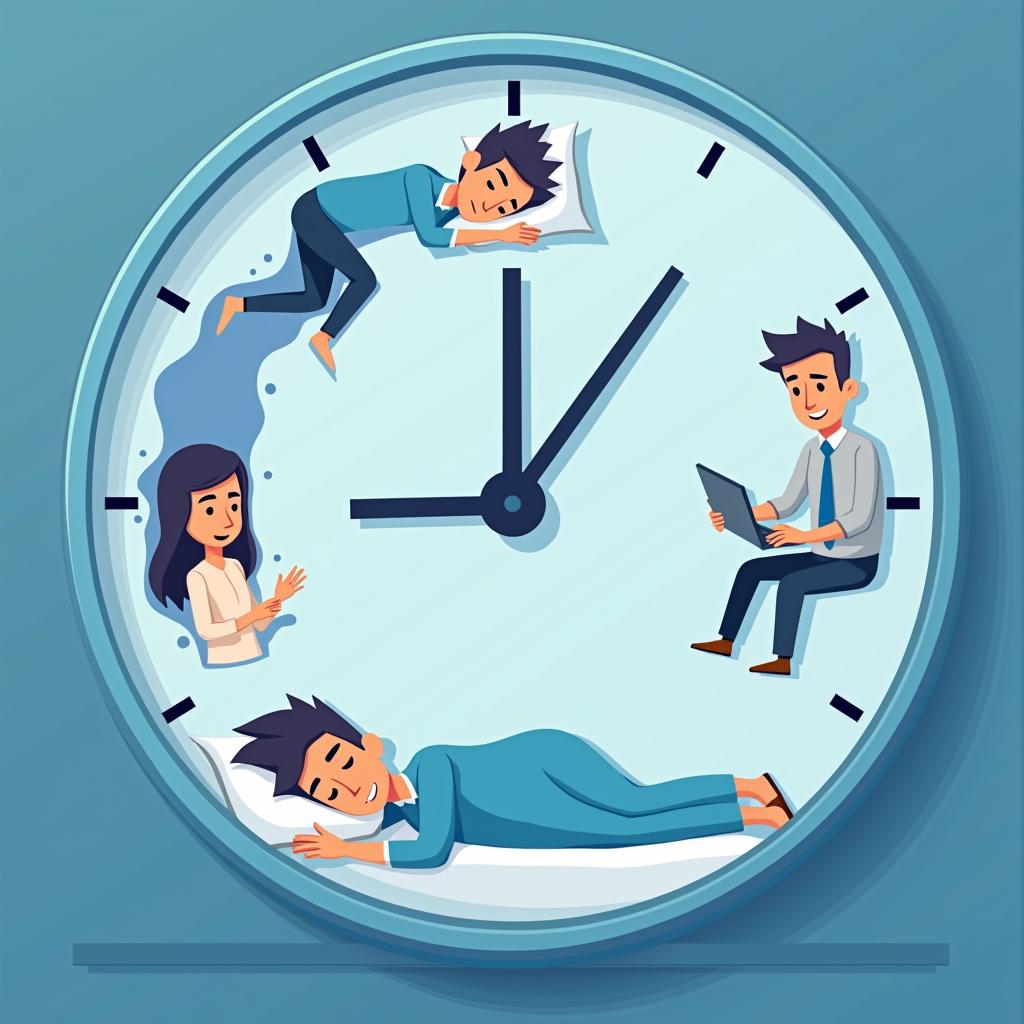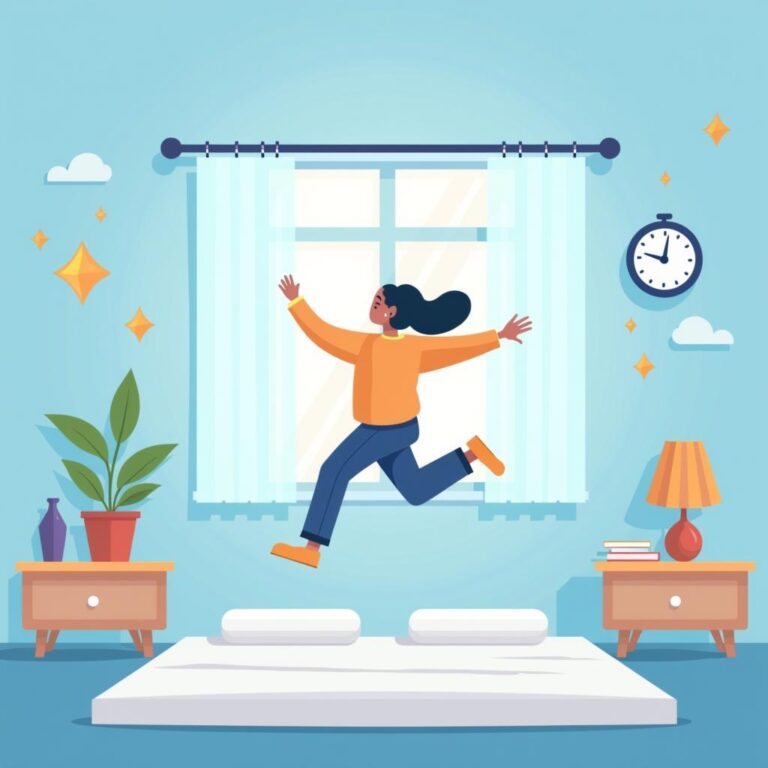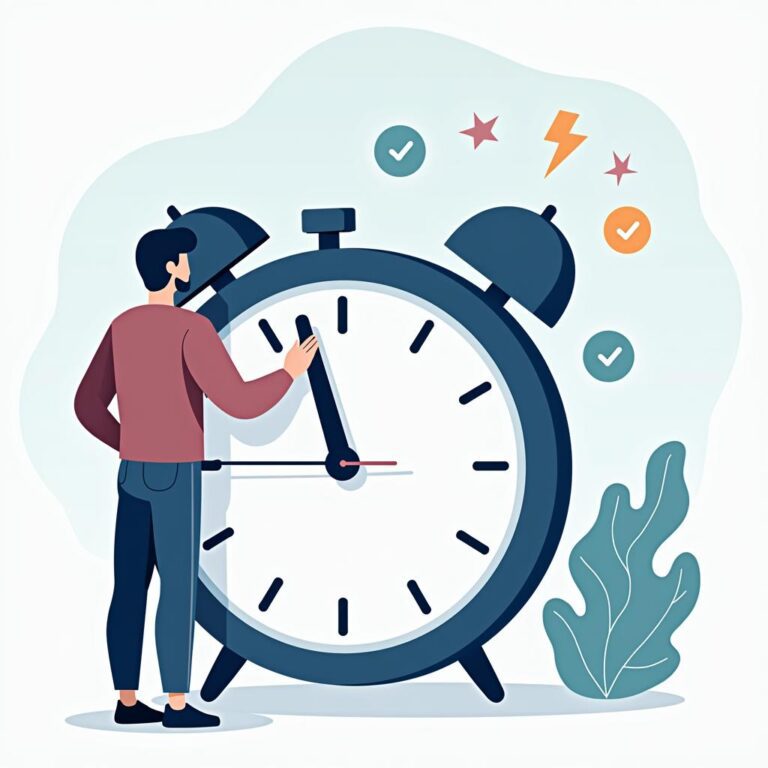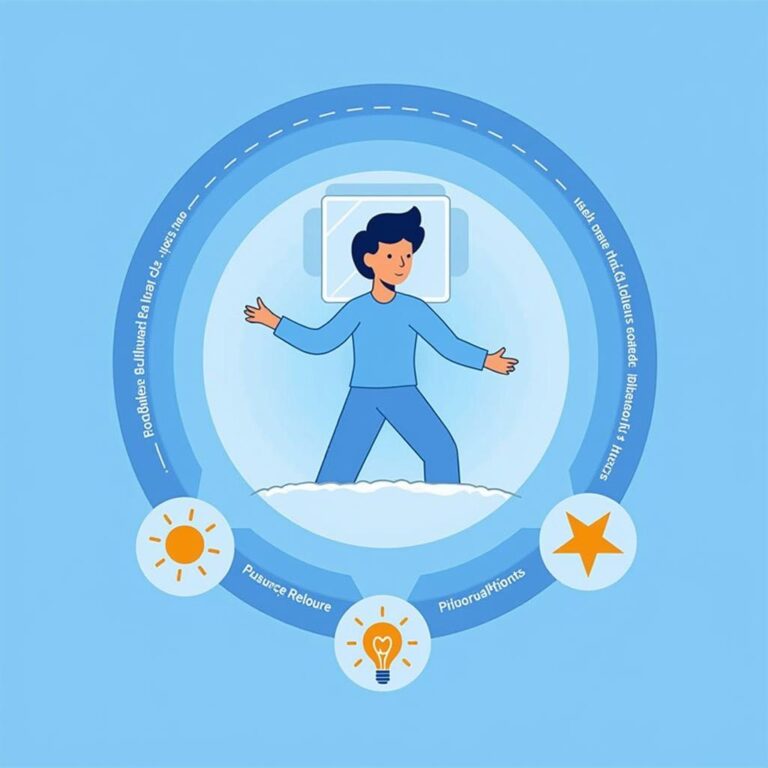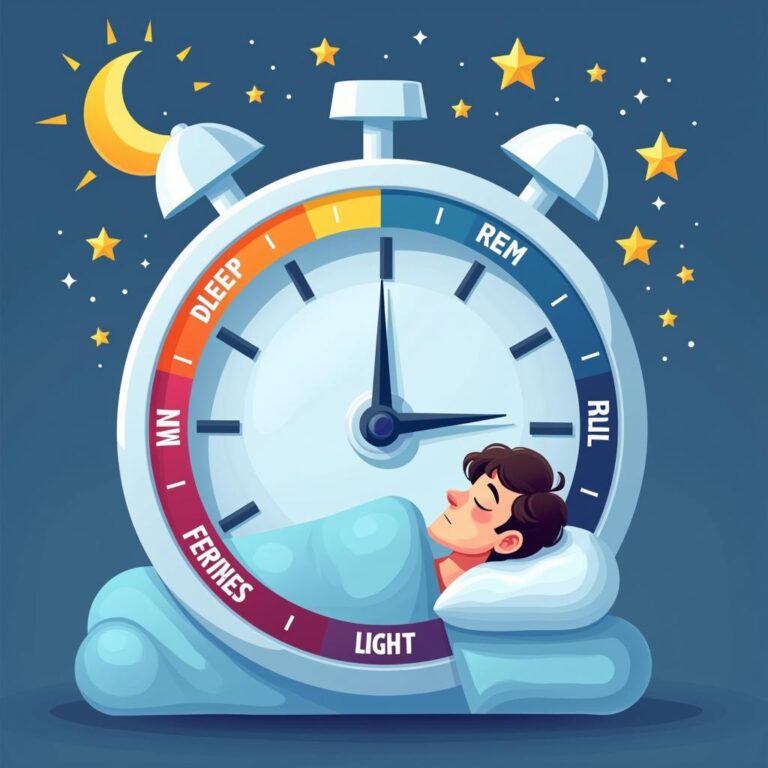As an entrepreneur, managing your time and maximizing productivity is vital to your success. One critical aspect often overlooked is sleep. Understanding the best sleep cycle for entrepreneurs can significantly enhance your performance, creativity, and overall well-being. This article delves deep into the importance of sleep, optimal sleep cycles, and tips for entrepreneurs to achieve restorative sleep.
Understanding Sleep Cycles
Sleep cycles are the stages through which your body transitions during sleep. Each cycle lasts approximately 90 minutes and comprises several stages:
- Stage 1: Light sleep, where you drift in and out, easily waking up.
- Stage 2: More stable sleep, where your heart rate slows, and body temperature drops.
- Stage 3: Deep sleep, crucial for physical recovery and growth.
- REM Sleep: This stage is where most dreaming occurs, essential for cognitive functions, memory, and creativity.
Typically, an adult cycles through these stages multiple times each night. Recognizing the importance of each stage is pivotal for entrepreneurs who need to optimize their cognitive functions during waking hours.
Why Sleep Matters for Entrepreneurs
Sleep affects various aspects of life crucial for entrepreneurial success:
- Cognitive Function: Quality sleep enhances critical thinking and decision-making skills, crucial for entrepreneurs making daily business decisions.
- Memory: Proper sleep strengthens memory retention, essential for entrepreneurs needing to recall crucial information and ideas.
- Emotional Wellness: Entrepreneurs often face stress. A well-structured sleep cycle can help manage emotions and reduce anxiety.
- Physical Health: Better sleep leads to improved physical health, reducing the chance of burnout and the negative health impacts of a high-stress lifestyle.
Determining the Best Sleep Cycle for Entrepreneurs
The best sleep cycle for entrepreneurs varies between individuals, depending on their lifestyle, preferences, and work demands. However, general guidelines can help shape a beneficial sleep routine:
- Set a Sleep Schedule: Going to bed and waking up at the same time each day helps regulate your body’s internal clock.
- Aim for 7-9 Hours of Sleep: Most adults thrive on 7 to 9 hours of quality sleep per night. Analyze how you feel after different durations to find your optimal amount.
- Prioritize Deep Sleep and REM: Focus on achieving quality sleep that enhances deep sleep and REM cycles by creating an optimal sleep environment.
How to Optimize Your Sleep Cycle
Here are some tips for entrepreneurs to optimize their sleep cycles:
Create a Sleep-Friendly Environment
Your sleep space should be conducive to rest:
- Darkness: Use blackout curtains to eliminate light.
- Temperature: Keep the room cool, ideally between 60°F and 67°F (15°C to 19°C).
- Noise Control: Utilize earplugs or white noise machines to minimize disturbances.
Limit Blue Light Exposure
Digital screens emit blue light, which can interfere with your body’s melatonin production. Establish a digital curfew at least 30 minutes to an hour before bedtime. Instead, consider relaxation techniques like reading a book or meditating.
Establish a Relaxation Routine
Incorporating relaxation techniques can signal your body to wind down. Practices could include:
- Meditation: Mindfulness meditation can calm the mind and prepare it for rest.
- Gentle Yoga: Stretching can relieve tension and help transition into sleep more easily.
- Warm Bath: Taking a warm bath shortly before bedtime can promote relaxation.
Track Your Sleep
Utilizing sleep-tracking technologies can yield insights into your sleep patterns. These tools can help you understand how your lifestyle and habits impact sleep and identify areas for improvement.
Consider Napping Smartly
Short, strategic naps can recharge your energy during the day. Aim for 20-minute naps in the early afternoon to avoid disrupting your nightly sleep cycle. This strategy can help curb fatigue and maintain productivity without affecting your nighttime rest.
Troubleshooting Sleep Issues
Despite your best efforts, sleep disturbances may still occur. Here are some common issues and solutions:
Difficulty Falling Asleep
If you struggle to wind down, evaluate your pre-sleep routine. You might need to implement relaxation techniques more rigorously or reduce screen time in the evenings.
Frequent Night Wakings
Consider examining your sleep environment for disturbances or re-evaluating your caffeine intake during the day. Make sure you aren’t consuming stimulants too close to bedtime.
Persistent Fatigue
If you consistently feel tired despite a full night’s sleep, you may need to reassess your sleep quality. Look into factors such as snoring, restlessness, or conditions like sleep apnea, which may require medical intervention.
Conclusion
For entrepreneurs, the best sleep cycle is one that prioritizes quality, consistency, and a dedicated approach to optimizing sleep. By understanding sleep cycles, recognizing their importance, and making informed changes to your lifestyle, you can significantly improve your productivity and success as an entrepreneur. Focus on setting a strong foundation for your sleep, and you’ll likely see the benefits in every aspect of your life.

